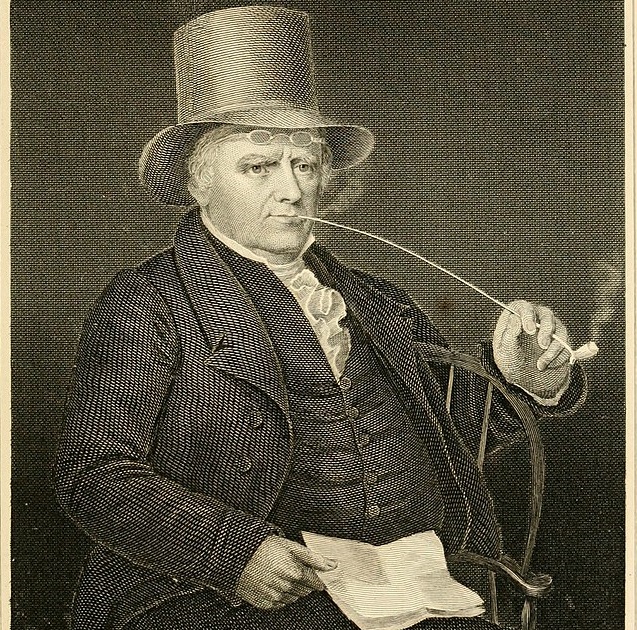
by Richard Subber | Jul 22, 2022 | American history, Book reviews, Books, Democracy, History, Politics, Power and inequality
Partisan politics, just like today…
Book review:
A Magnificent Catastrophe:
The Tumultuous Election of 1800,
America’s First Presidential Campaign
by Edward J. Larson
New York: Free Press, 2007
A Magnificent Catastrophe tells us about yet another nightmare in American history that we don’t know well enough.
Thomas Jefferson and John Adams went head to head in the first presidential campaign that was based on party politics and partisan venality and telling lies for political advantage.
In other words, just like today.
The election outcome in 1800 wasn’t clear cut—the politicians were at each other’s throats, and the public interest was lost in the shuffling.
Politics started getting its bad name more than 200 years ago.
* * * * * *
Book review. Copyright © Richard Carl Subber 2022 All rights reserved.
Book review: Forced Founders
by Woody Holton
The so-called “Founding Fathers”
weren’t the only ones
who helped to shape our independence…
–
As with another eye: Poems of exactitude with 55 free verse and haiku poems,
and the rest of my poetry books are for sale on Amazon (paperback and Kindle)
and free in Kindle Unlimited, search Amazon for “Richard Carl Subber”
* * * * * *
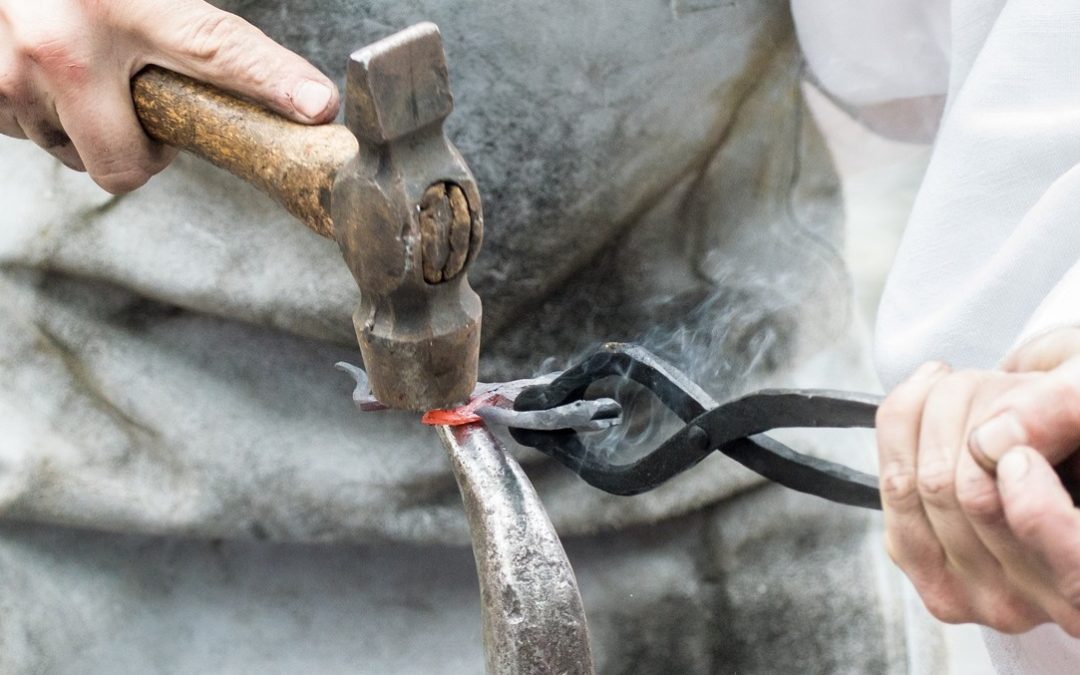
by Richard Subber | May 23, 2022 | American history, Book reviews, Books, Democracy, History, Politics, Power and inequality, Revolutionary War
ordinary folks had a lot to do with it…
Book review:
The Urban Crucible:
Social Change, Political Consciousness,
and the Origins of the American Revolution
by Gary B. Nash
Cambridge, MA: Harvard University Press, 1979
The Urban Crucible is a densely researched and fully explored comparative history of the economic, social, and political environments in Boston, New York, and Philadelphia during the late 17th and early 18th centuries.
Here’s my hint: there was more well-informed “mob” action than you have read about in other histories.
The early colonial experiences in the three principal seaport towns are vividly contrasted and authoritatively explained. Nash candidly digs deep and deeper into a wide range of primary sources. The sins and the heroics of the leadership elite and the “leather apron” artisans and the anonymous working poor are examined in profoundly realistic historical context.
You can’t read The Urban Crucible and not learn a lot.
* * * * * *
Book review. Copyright © Richard Carl Subber 2022 All rights reserved.
Is the public interested in public interest news?
Isn’t news the new stuff you suddenly want to know?
–
In other words: Poems for your eyes and ears with 64 free verse and haiku poems,
and the rest of my poetry books are for sale on Amazon (paperback and Kindle)
and free in Kindle Unlimited, search Amazon for “Richard Carl Subber”
* * * * * *
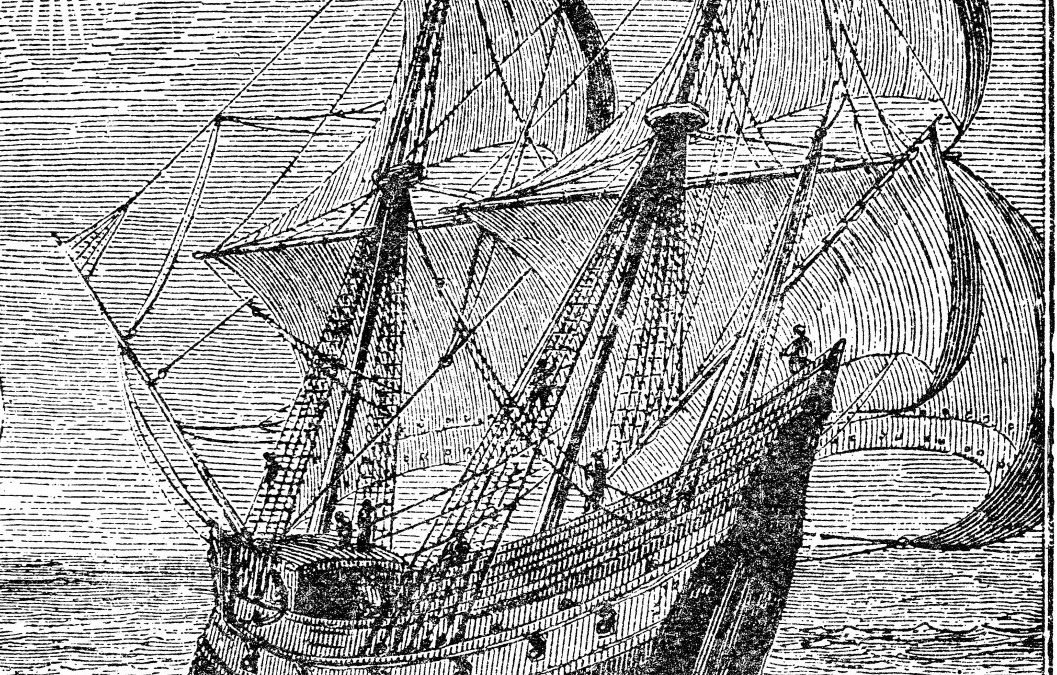
by Richard Subber | Dec 29, 2021 | Book reviews, Books, History, Power and inequality, World history
the traders forgot the common good…
Book review:
A Splendid Exchange: How Trade Shaped the World
by William J. Bernstein
New York: Atlantic Monthly Press, 2008
Commercial long-distance trade in goods and people has been part of the human experience for about 5,000 years or so, and Bernstein offers plenty of detail about the highs and lows of this experience, and about the wealth that was accumulated by a few of the traders and the governments that backed them.
A Splendid Exchange makes it plain that, across the millennia, disease and plague has unavoidably followed trade routes. The various scourges that we nominally know about, like the Black Plague, were spread around by sailors and merchants who sailed on their ships.
Bernstein rather unconvincingly describes trade as an instinctive human enterprise. However, he clearly states that major trade and long-distance trade has been the vocation of the few and the powerful, and that rich merchants never have prominently attempted to serve any concept of the common good as they amassed their riches.
It’s an old story.
* * * * * *
Book review. Copyright © Richard Carl Subber 2021 All rights reserved.
The “dime novels” in the Civil War
Think “blood-and-thunder”…
–
Above all: Poems of dawn and more with 73 free verse poems,
and the rest of my poetry books are for sale on Amazon (paperback and Kindle)
and free in Kindle Unlimited, search Amazon for “Richard Carl Subber”
* * * * * *
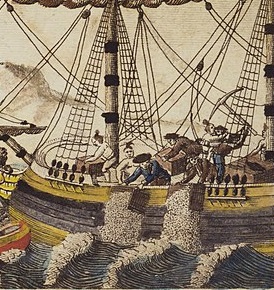
by Richard Subber | Jun 22, 2021 | American history, Book reviews, Books, History, Politics, Power and inequality, World history
profitable, powerful, vicious…
Book review:
For All the Tea in China:
How England Stole the World’s Favorite Drink
and Changed History
by Sarah Rose
New York: Viking, Penguin Group, 2010
This is a credible account of how tea from China became a worldwide drink.
With commanding competence, Rose relates the intrepid life of Robert Fortune, and the depressingly familiar tale of a giant corporation running amok.
The East India Company in England was an extremely vicious, extremely powerful, and extremely profitable company for more than two hundred years. It was tea from the East India Company that got dumped into Boston harbor on December 16, 1773. After a bloody 1857 war of its own making in India, the company was abruptly dissolved by the British Parliament. Rose says: “…the company had amassed possessions to rival Charlemagne’s and created an empire on which the sun never set; it was the first global multinational and the largest corporation history has ever known. Yet it failed spectacularly at one significant task: to govern India in peace.” No surprise there.
For my taste, the greater value of For All the Tea in China is the examination of how the commerce and consumption of tea shaped worldwide politics, warfare, and society. Tea reduced famine in Europe. Tea taxes financed Britain’s imperial expansion. Increased tea drinking—and increased sugar consumption—made the British sugar colonies important in British commerce and politics. Centuries of monopoly in tea production and engagement with Europeans altered the political and cultural development of China.
* * * * * *
Book review. Copyright © Richard Carl Subber 2021 All rights reserved.
Book review: American Colonies
So many and so much
came before the Pilgrims
by Alan Taylor
–
Writing Rainbows: Poems for Grown-Ups with 59 free verse and haiku poems,
and the rest of my poetry books are for sale on Amazon (paperback and Kindle)
and free in Kindle Unlimited, search Amazon for “Richard Carl Subber”
* * * * * *
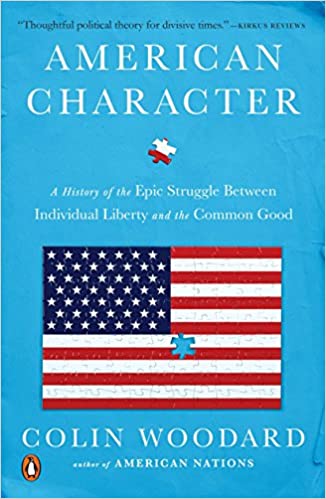
by Richard Subber | Feb 12, 2021 | American history, Book reviews, Books, Democracy, History, Power and inequality
…doing more good in America…
Book review:
American Character:
A History of the Epic Struggle
Between Individual Liberty and the Common Good
Colin Woodard (b1968)
Journalist
New York: Viking, 2016
308 pages
American Character is intuitive and informative analysis of what makes Americans tick, politically.
Woodard says we need to promote “fairness” in all its meanings if we want a shot at changing the success stories of Trump/laissez fair Republicans/Tea Party/the oligarchs. I reluctantly use the word “fairness” without any pretense of conveying the fullness of his meaning. It means a lot, in different ways—seriously, meaningfully, it’s different strokes for different folks.
I’m gonna read American Character again.
It’s easy to understand what Woodard is saying. He offers a sane and credible strategy for doing more good in America for all Americans.
* * * * * *
Book review. Copyright © Richard Carl Subber 2021 All rights reserved.
How does a poem end?
“Finis,” my thoughts (my poem)
–
Above all: Poems of dawn and more with 73 free verse poems,
and the rest of my poetry books are for sale on Amazon (paperback and Kindle)
and free in Kindle Unlimited, search Amazon for “Richard Carl Subber”
* * * * * *

by Richard Subber | Nov 4, 2020 | Democracy, Human Nature, My poetry, Poetry, Politics, Power and inequality
Too many gulfs…
Hand me that hammer
This lightening sky pulls my eye
upward from newly darkening earth.
Our troubled plain
has no points of light just now.
We face fears, terrors, hates, imprecations,
repudiations, exclusions…
Too many gulfs appearing,
too few bridges imagined
in the grim thoughts of too many.
I will build one bridge today,
I welcome this lightening sky
to ease my work.
November 9, 2016
I work on building a bridge every day. I try to do a good thing every day. That’s good for me and for America. It helps to keep me sane.
* * * * * *
My poetry. Copyright © Richard Carl Subber 2020 All rights reserved.
Book review: Shantung Compound
They didn’t care much
about each other…
by Langdon Gilkey
–
My first name was rain: A dreamery of poems with 53 free verse and haiku poems,
and the rest of my poetry books are for sale on Amazon (paperback and Kindle)
and free in Kindle Unlimited, search Amazon for “Richard Carl Subber”





